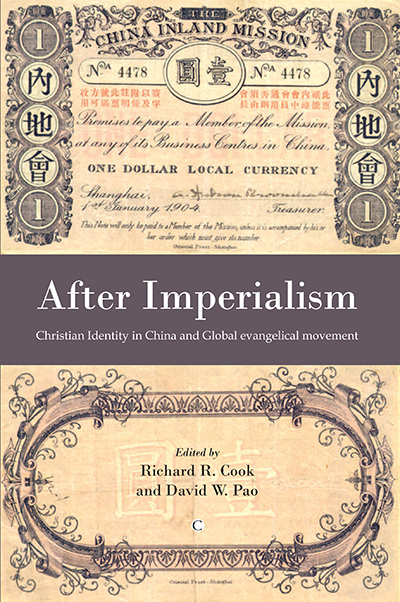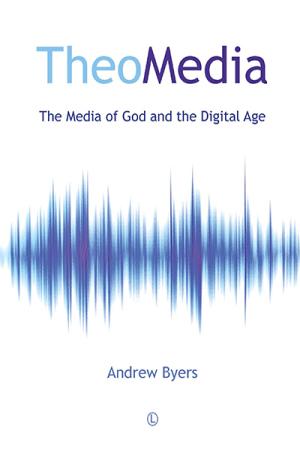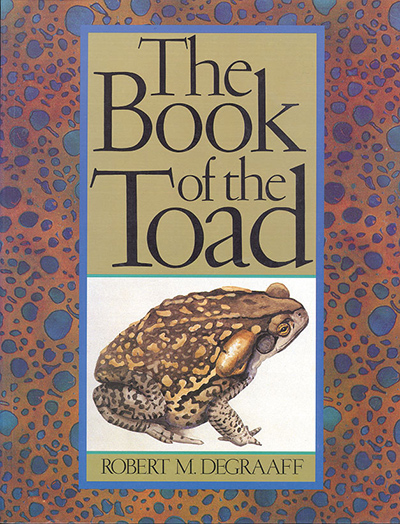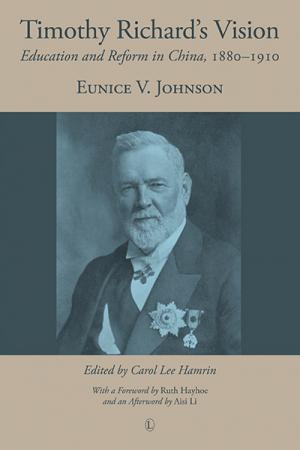Description
In May 2008 over a dozen evangelical scholars (Chinese and Western) from the United States, Hong Kong and Taiwan came together to address issues of Christian and evangelical identity. This inter-cultural theological conversation was entitled “Beyond Our Past: Bible, Cultural Identity, and the Global Evangelical Movement”.
This collection of papers from the conference demonstrates that evangelicalism possesses the historical assets and hermeneutical and theological tools to contribute to the global church and to address the significant theological and cultural issues arising out of a post-colonial context. Questions of evangelical identity in China and around the world are addressed from the disciplines of history, biblical studies, and systematic theology/contextualization.
About the Author
Richard R. Cook, Associate Professor of Mission History and Global Christianity at Trinity Evangelical Divinity School, Deerfield, Illinois.
David W. Pao, Professor of New Testament and Chair of the New Testament Department at Trinity Evangelical Divinity School, Deerfield, Illinois.
Contents
Contributors
Acknowledgments
Introduction / Richard R. Cook and David W. Pao
Abbreviations
1. Modern Evangelicalism and Global Christian Identity: Promise and Peril as Seen through the Eyes of a North American Church Historian / Douglas A. Sweeney
2. Missions, Cultural Imperialism, and the Development of the Chinese Church / Ka Lun Leung
3. Overcoming Missions Guilt: Robert Morrison, Liang Fa, and the Opium Wars / Richard R. Cook
4. Chinese Evangelicals and Social Concerns: A Historical and Comparative Review / Kevin Xiyi Yao
5. The Old Testament in Its Cultural Context: Implications of “Contextual Criticism” for Chinese and North American Christian Identity / K. Lawson Younger Jr
6. “Holy War” and the Universal God: Reading the Old Testament Holy War Texts in a Biblical-Theological and Postcolonial Setting / Tremper Longman III
7. “Holy War” and the Universal God: Reading the New Testament Conquest Accounts in a Postcolonial Setting / David W. Pao
8. The Group and the Individual in Salvation: The Witness of Paul / Frank Thielman
9. Boundaries in “In-Christ Identity”: Paul’s View on Table Fellowship and Its Implications for Ethnic Identities / Maureen W. Yeung
10. “Who Am I?” Theology and Identity for Children of the Dragon / Robert J. Priest
11. Chinese Contextual Theology: A Possible Reconstruction? / David Y. T. Lee
12. Forging Evangelical Identity: Integration of Models of Theological Education in the Global Context / Carver T. Yu
Endorsements and Reviews
An important volume for both church circles and academic scholars, After Imperialism touches off the issue of evangelicalism that connects the world, yet also creates conflicts between peoples in the history of Christianity. It represents the valuable fruits of a unique meeting of historians, theologians, and Bible scholars on the two sides of the Pacific Ocean. Their dialogue contains reflections, challenges, and deliberation of the Protestant missions in China in the past and also in the future. It makes a major contribution to the new horizon of study in this field while examining old ones in scholarly light.
Peter Chen-Main Wang, National Central University, Taiwan
This book initiates a new, fertile conversation between biblical reading and understandings of modern Chinese history, informed by social science and post-colonial theory.
Richard Madsen, Distinguished Professor and Chair, Department of Sociology, University of California, San Diego
This volume helpfully outlines some ways in which imperial readings of the Bible and Christian history have led to the inexcusable importation of Western divisions into Chinese church life.
Lawrence Braschi, in Church Times, 30 November 2012
… opens a way to overcome missionary paralysis for fear of propagating or capitulating to neo-colonialism.
Beau Pihlaja, in Theological Book Review, Vol 24, No 2
[After Imperialism] is good in pointing out the pietistic and dispensational views of many of the unregistered churches and the false Western expectation that the growing church in China has political democracy as part of its vision.
Ray Porter, in Evangelicals Now, August 2013
After Imperialism is thus best appreciated for what it represents: an early attempt to bring together two different conversations. Hopefully the participants behind After Imperialism will reconvene again soon, providing readers with an opportunity to appreciate more recent Chinese appropriations of global evangelicalism as well as the ways in which Chinese Christian identity can and will shape the nature of global evangelicalism on into the future.
Andrew Kaiser, in The Expository Times, Vol 125, No 5






